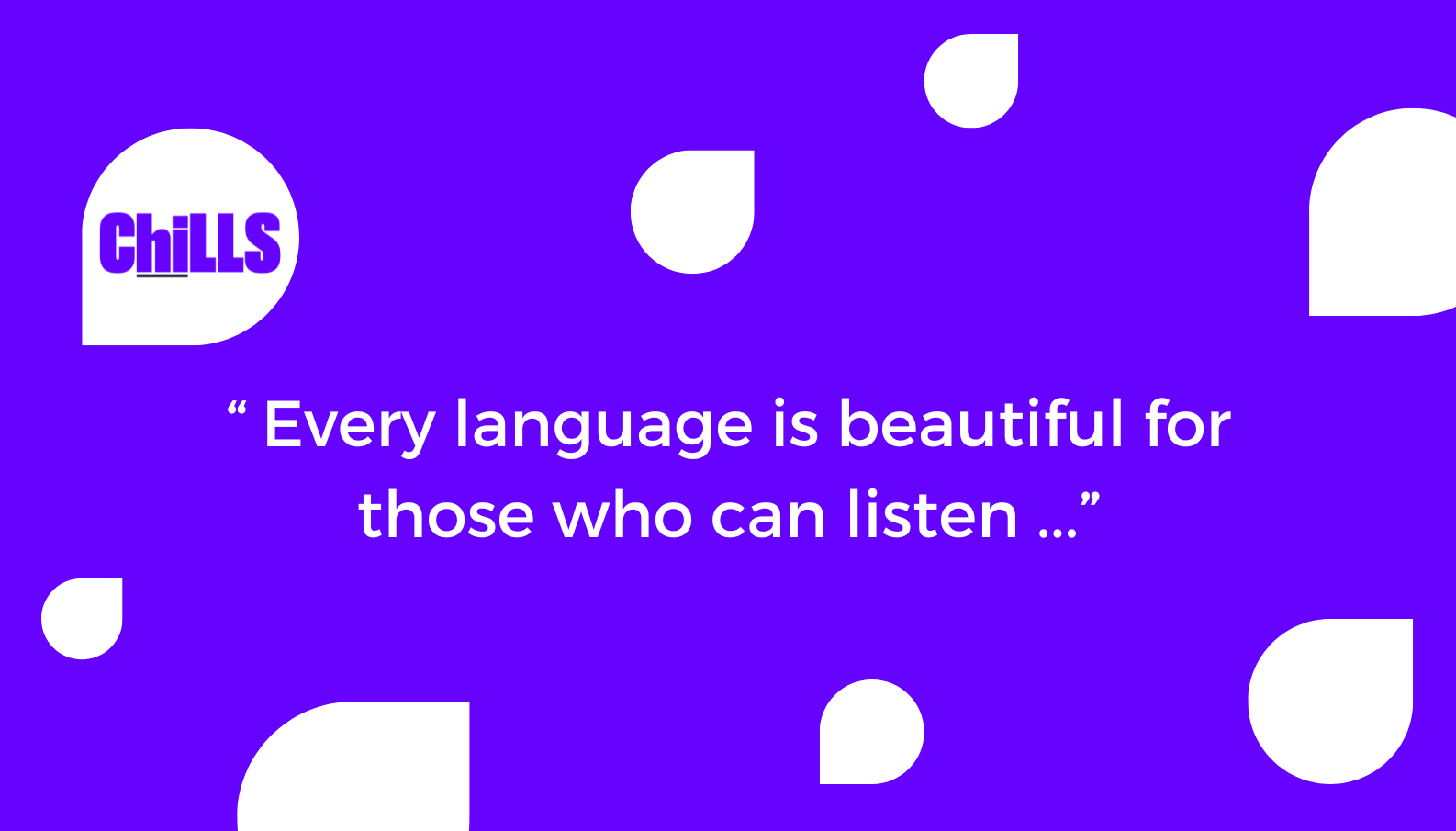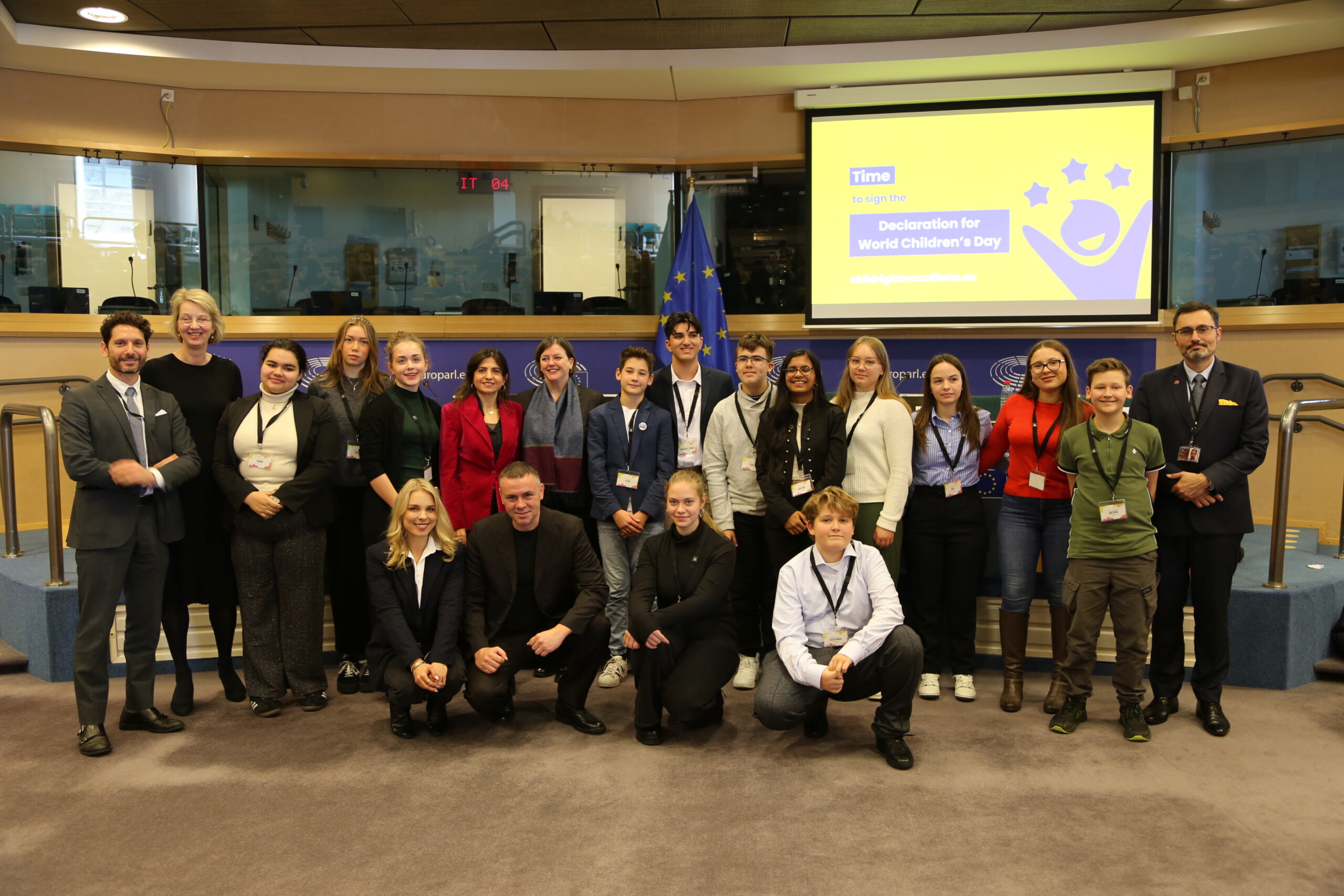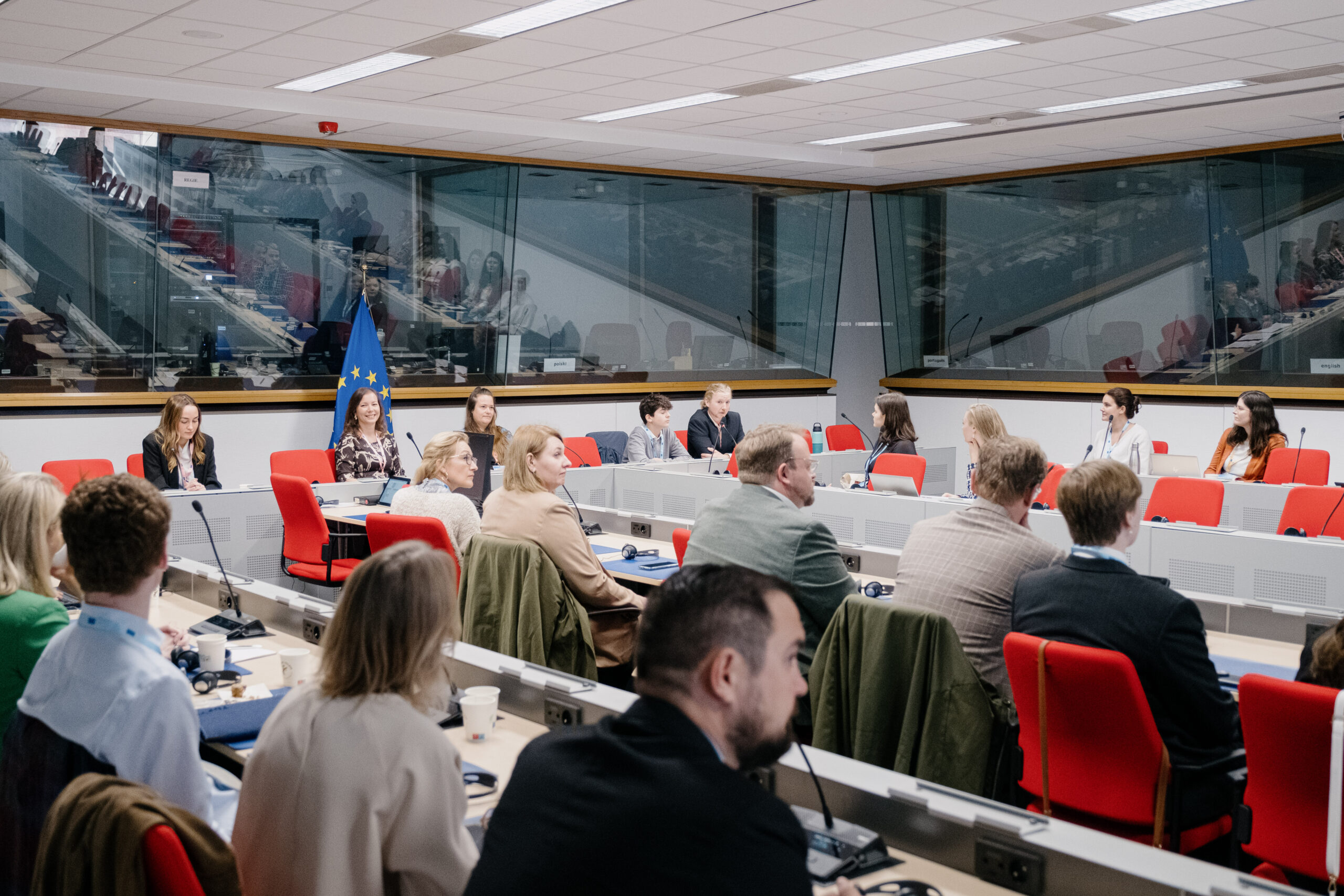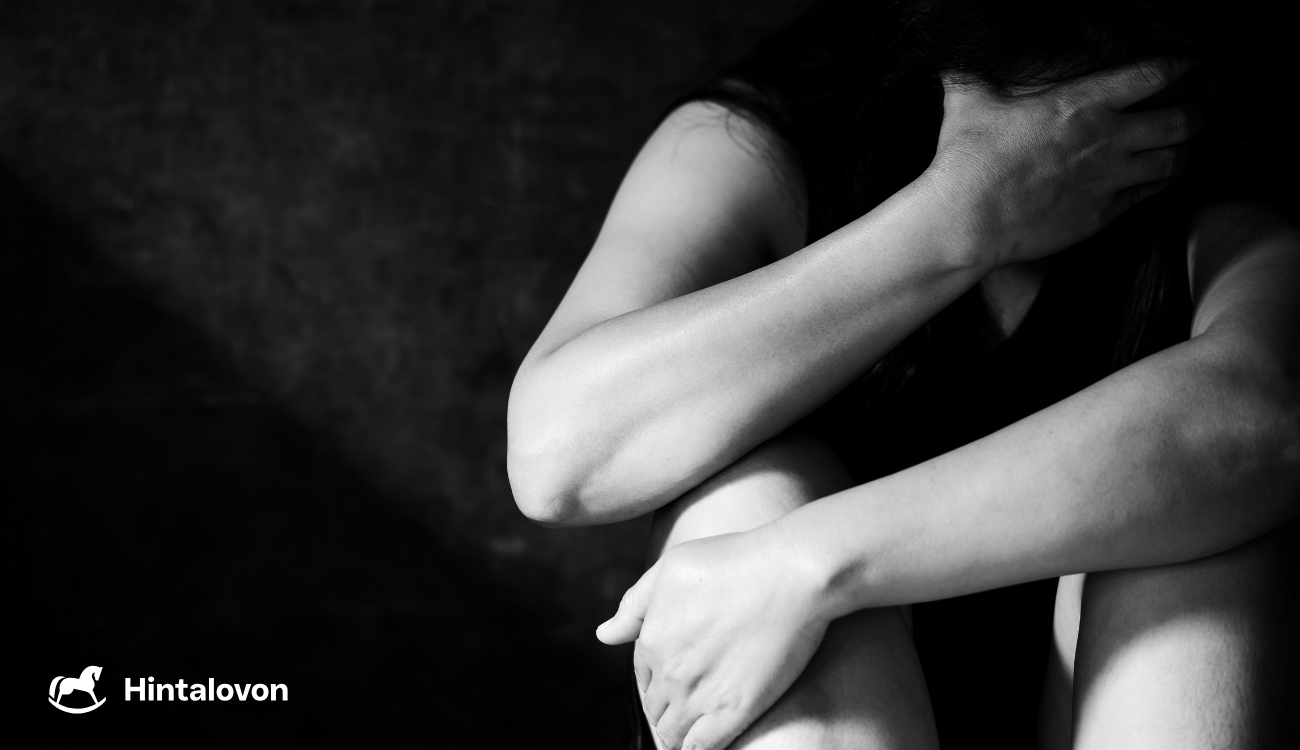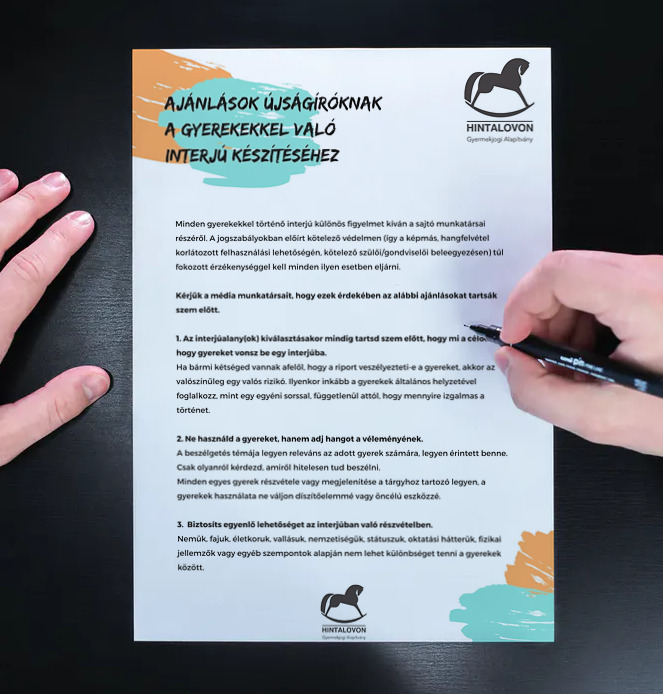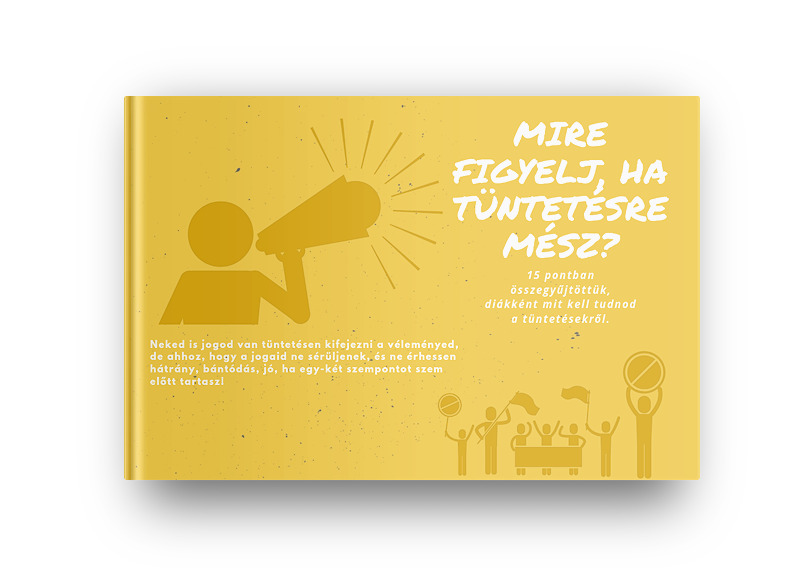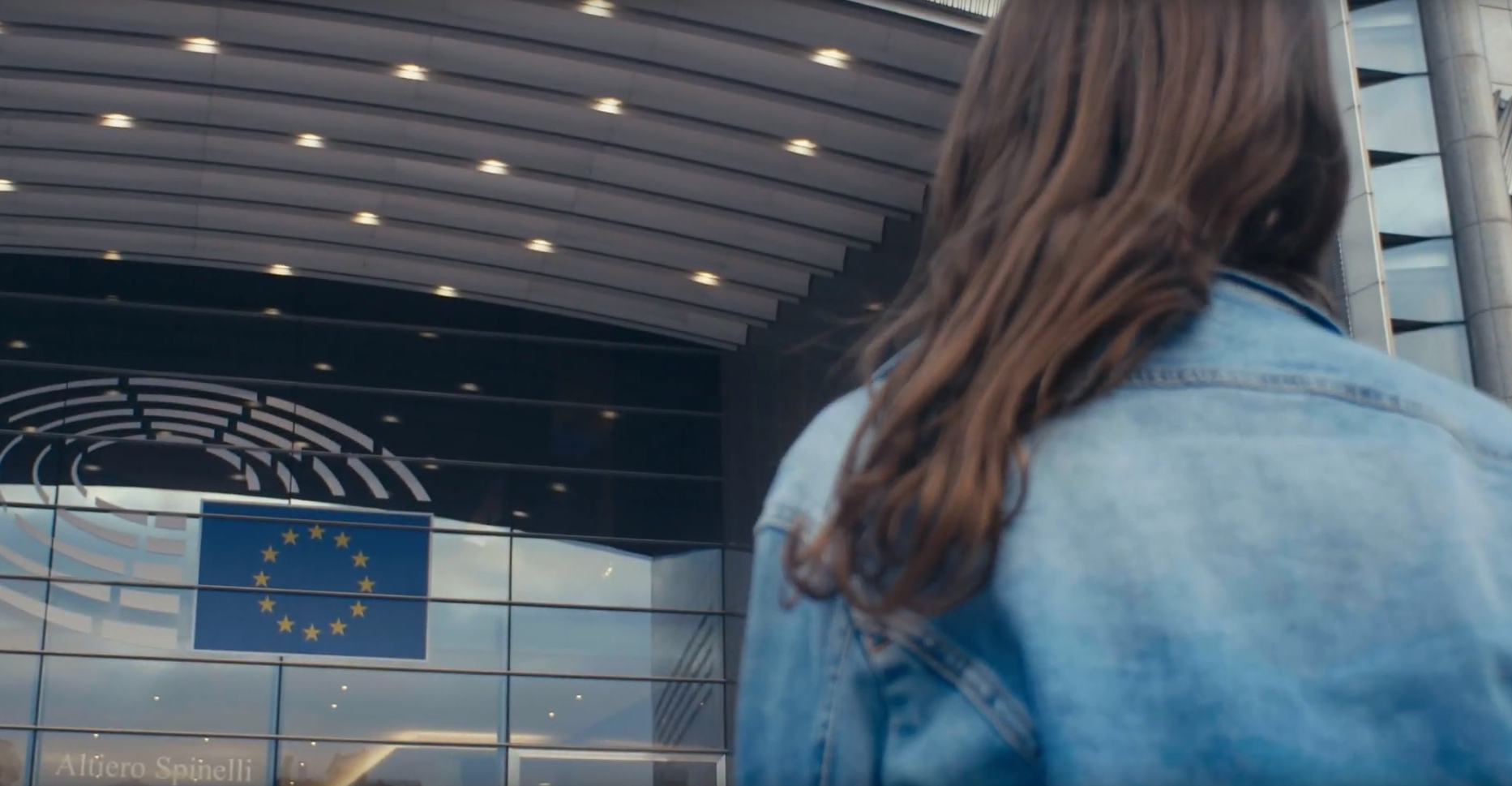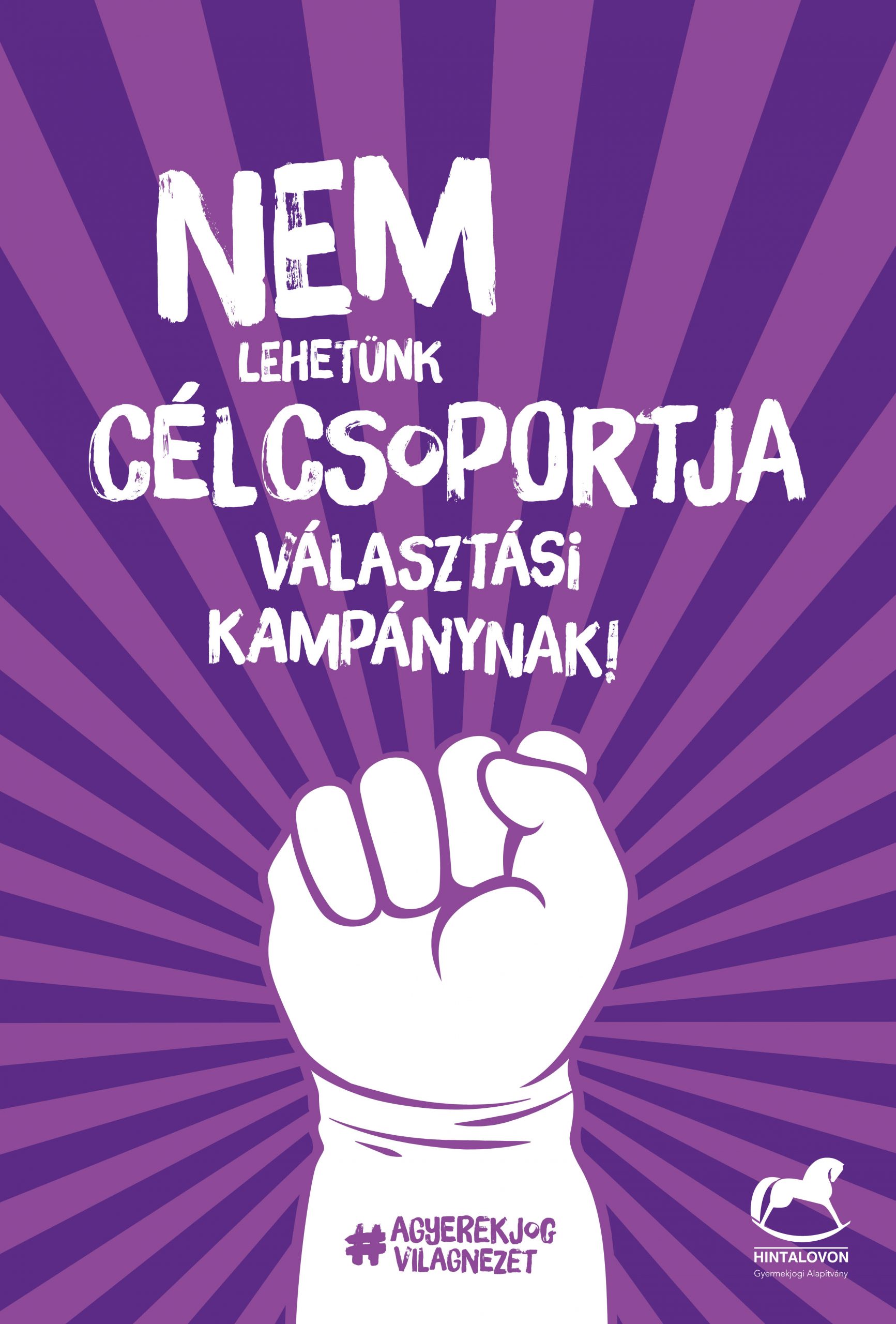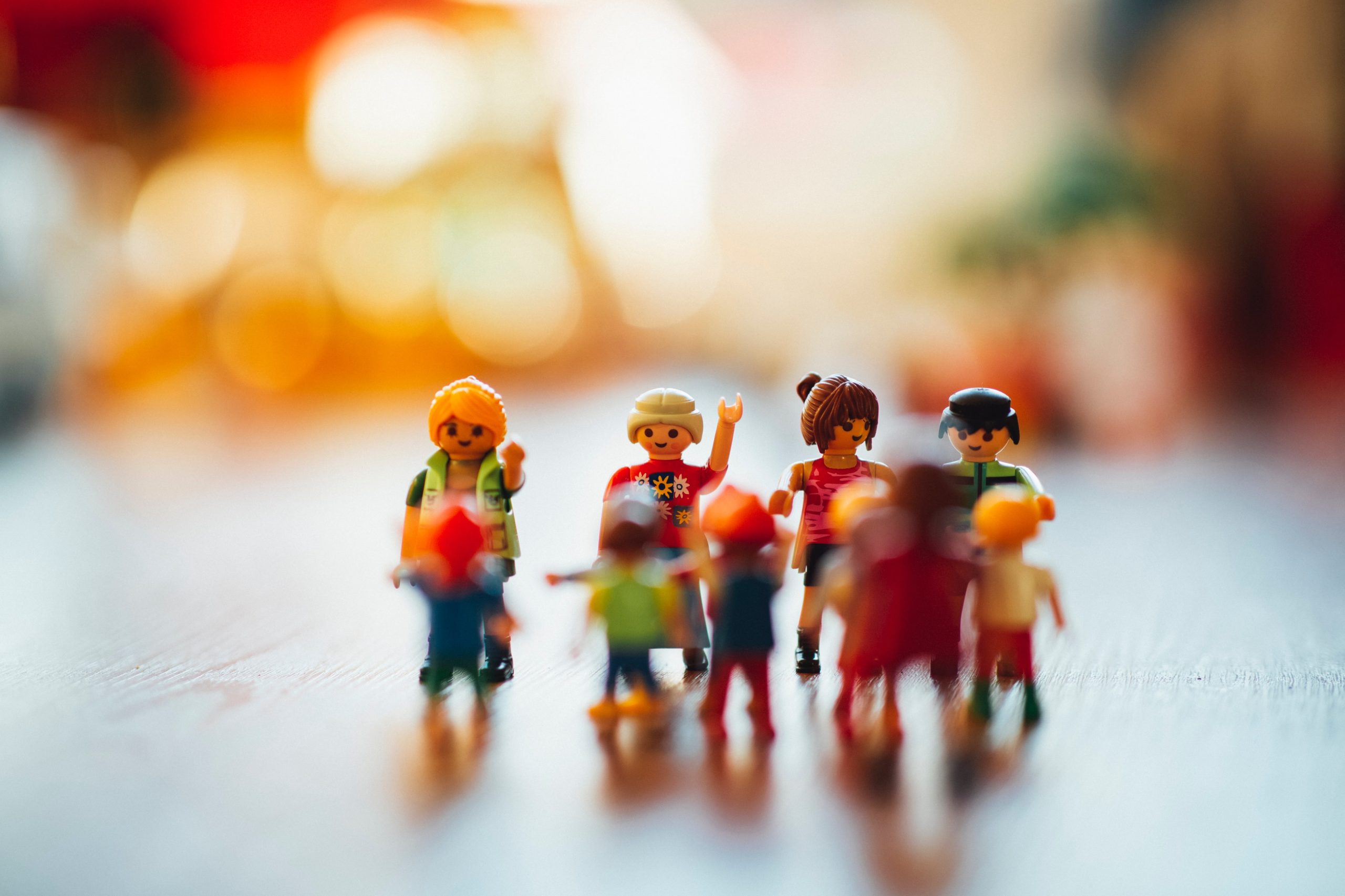ChiLLS is a continuation of the CO-MINOR-IN/QUEST I and CO-MINOR-IN/QUEST II research projects. The aim of the research project is double namely first: to inform highly vulnerable minors about how/where they can get help if they do not speak the same language as that of the investigation; next: to inform the legal actors, including juvenile court judges and youth counsellors, but also police officers and lawyers, psychologists and social workers, about how to deal with highly vulnerable minors who do not speak the language of the proceedings.
The goal of this research is to inform the legal actors, including juvenile court judges and youth counsellors, but also police officers and lawyers, psychologists and social workers, about how to deal with highly vulnerable minors who do not speak the language of the proceedings. The main focus will be on detecting impairment and taking into account the influence such impairment can have on the communicative situation involving the minor.
All this information will be brought together on a website: in that way, the experts involved can very easily search for and find information about important factors to take into account when conducting interpreter-mediated interviews with highly vulnerable minors. Toolkits and a compass will also be made available on the website to allow those involved to quickly detect problems in the target group. Furthermore, the stake holders can get in touch with each other through a secured communication platform on the same website. In that way, real multi-disciplinarity can be achieved.
Leuven University, Antwerp campus coordinates the research project.
Project partners:
- Università di Bologna (Italy)
- Hintalovon Foundation (Hungary)
External experts will participate in the research project:
- Dimitri Elman (International Criminal Court, The Hague, The Netherlands)
- Richard Redwood (International Criminal Court, The Hague, The Netherlands)
- György Virag (Forensic Psychologist, Institute for Criminology, Hungary)
- Eric Van der Mussele (Youth Councellor, Belgium)
